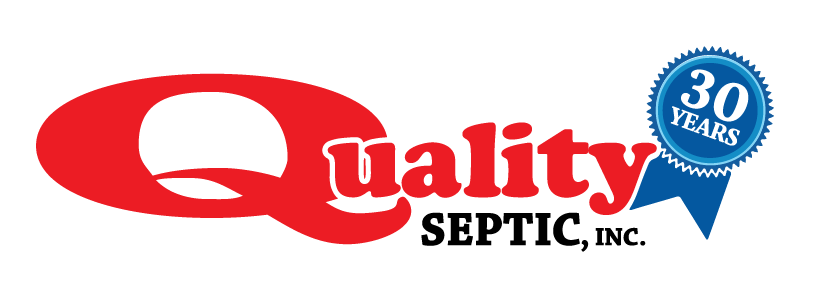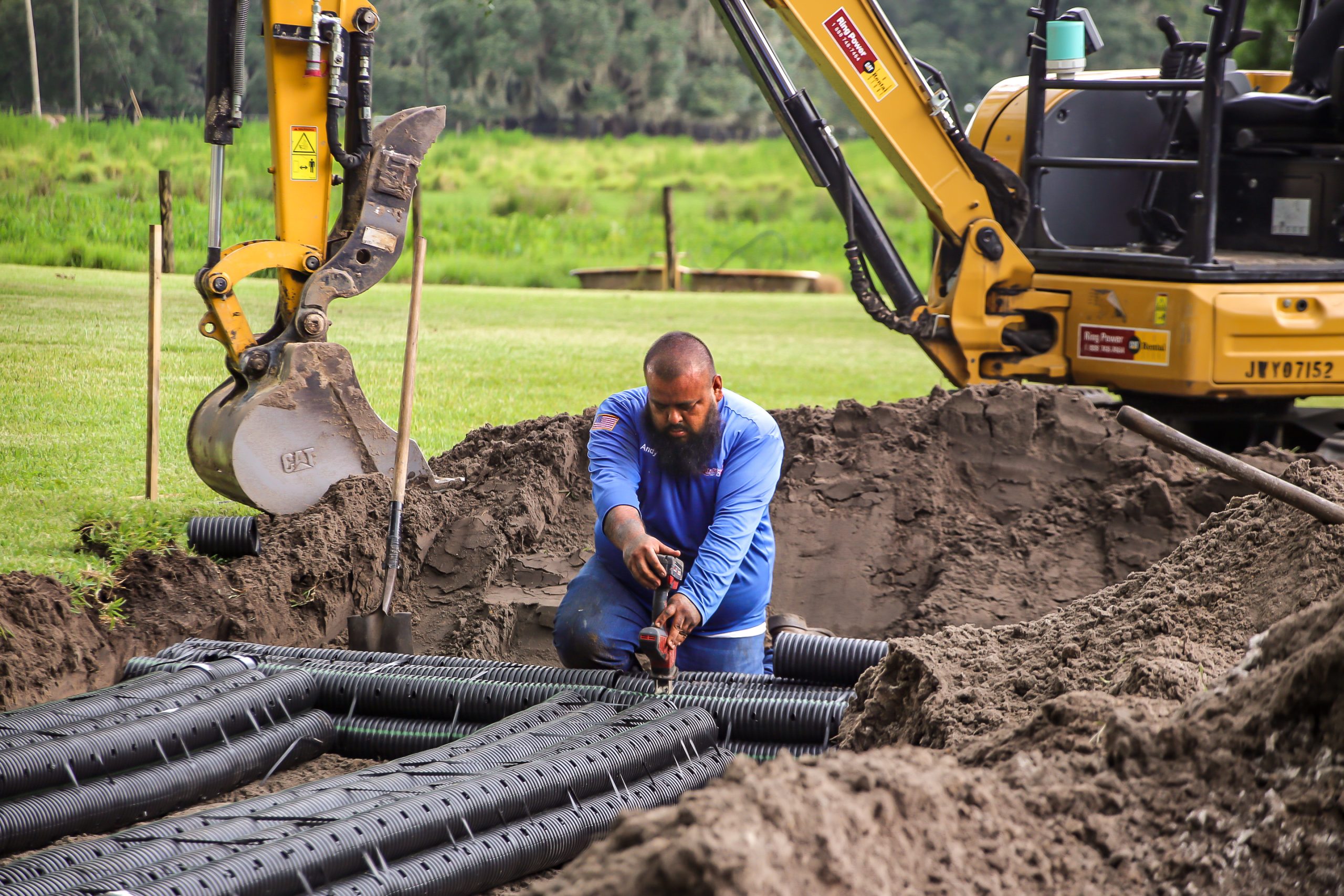If you have a septic system, then you know how important a role it plays in managing and treating wastewater throughout your home. Without a properly functioning septic system, including a failing drain field, you could end up with a lot of problems and expensive repair bills. Take it from us at Quality Septic Inc., you’ll want to keep your septic system in good shape. In this blog, let us guide you through the warning signs of a failing drain field and the steps you can take to address the problem before it worsens.
Signs of a Failing Drain Field
1. Slow Drains Throughout the Home
If sinks, showers, and toilets are draining slowly, it could indicate that your drain field is not properly dispersing wastewater. While minor clogs can sometimes be the culprit, persistent slow drainage points to a bigger issue with your septic system.
2. Standing Water in the Yard
Pools of water above or near the drain field, especially during dry weather, suggest that the septic system is not absorbing wastewater properly. This is a clear sign of oversaturation and potential drain field failure.
3. Unpleasant Odors
A properly functioning drain field should not produce foul odors. If you notice a strong sewage smell in your yard, around the drain field, or inside your home, your septic system may be struggling to process wastewater effectively.
4. Lush, Green Grass Over the Drain Field
While a healthy lawn is usually a good thing, an unusually lush and green patch of grass over your drain field could signal that wastewater is surfacing instead of filtering properly through the soil.
5. Gurgling Sounds in Plumbing
Bubbling or gurgling sounds coming from your pipes when using sinks or flushing toilets could indicate that wastewater is not flowing as it should, suggesting drain field issues.
6. Sewage Backups
The most severe sign of a failing drain field is sewage backing up into your home. If this happens, immediate professional intervention is necessary to prevent further damage and contamination.
What to Do If Your Drain Field Is Failing
1. Reduce Water Usage
Limit water usage in your home to prevent further saturation of the drain field. This includes shorter showers, avoiding excessive laundry loads, and fixing leaky faucets.
2. Avoid Heavy Traffic Over the Drain Field
Do not park vehicles or place heavy objects over your drain field, as compacted soil can hinder wastewater absorption and worsen the issue.
3. Check for Plumbing or Septic Tank Issues
Sometimes, the problem isn’t with the drain field itself but rather the septic tank or plumbing. Have a professional inspect your system to determine the exact cause of the issue.
4. Schedule a Septic Inspection
Contact a septic professional to assess the condition of your system. They may recommend pumping the septic tank, repairing components, or even replacing the drain field if necessary.
5. Consider Drain Field Rehabilitation Options
In some cases, your drain field may be restored through techniques like aeration, adding beneficial bacteria, or installing a new drain line to improve wastewater dispersion.
6. Plan for a Replacement If Needed
If your drain field is beyond repair, a replacement may be necessary. A septic professional can guide you on the best course of action and help you choose a suitable site for a new drain field.
Preventing Future Drain Field Failures
- Schedule regular septic tank pumping (typically every 3-5 years).
- Use water efficiently to avoid overwhelming the system.
- Avoid flushing non-biodegradable materials, grease, and harsh chemicals.
- Keep trees and large plants away from the drain field to prevent root intrusion.
- Monitor early signs of drain field problems and address them promptly.
A failing drain field can be a serious issue, but by recognizing the warning signs early and taking quick action, you can prevent more extensive repairs and ensure your septic system remains in working condition. If you suspect a problem with your drain field, don’t wait – contact Quality Septic, Inc. today for expert inspection and repair services!

